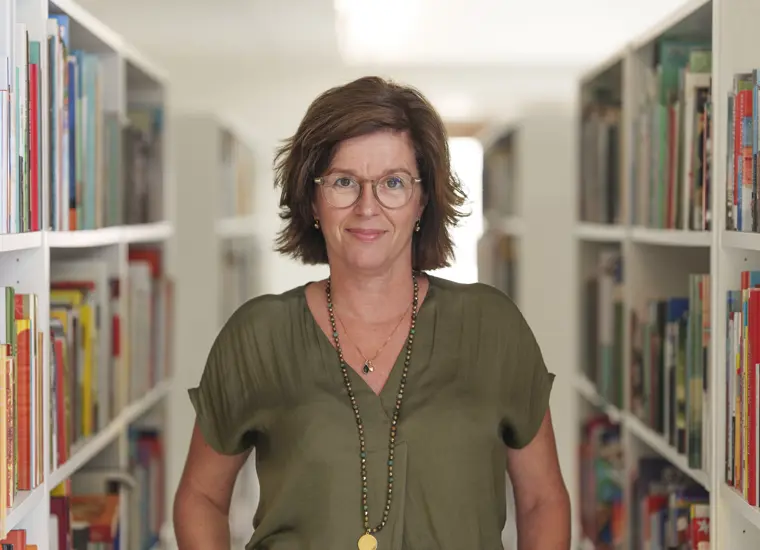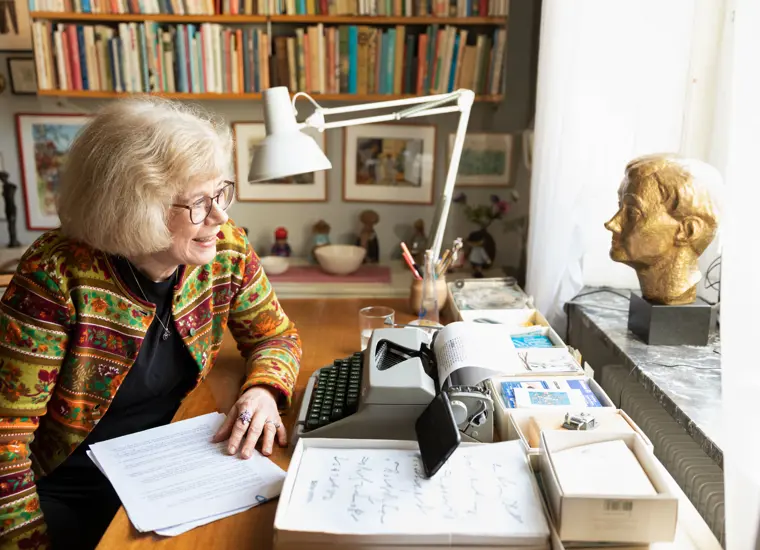Pernilla Leviner

Photo: Elliot Elliot
What led you to want to conduct research on children’s rights?
"As a lawyer, I am fundamentally interested in the legal relation between the state and the individual. My research has been about society’s responsibility to protect children at risk of harm and how that responsibility relates to, and must be balanced against, everyone’s right to a private and family life. The views we hold about children and how we respect and realize their rights are central here. Not least, that includes their right to participate in decisions that affect them, as well as the principle of the best interests of the child."
Why is access to books and stories important for children?
"In fact, it is a major part of a child’s right to culture and the arts under Article 31 of the UNCRC. But it’s also so much more—it’s a central part of living and growing as a human being. Of course, learning to read and being able to read are important if we are to be active members of society and shape our own lives. But literature also provides meaning and connection in and across time and space. That’s important for everyone, but perhaps especially for children."
Do you have any strong memories of reading from when you were a child?
"I loved books, especially all kinds of books of facts, like Joe Kaufman’s books about how various things in the world work. I spent countless hours with atlases—trying, I suppose, to see better how my little community fit into the big world. One specific and special memory is when my father read me Ronja, the Robber’s Daughter. I think it must have been shortly after the book came out (in 1981, when I was eight). I had stayed home sick with a fever. I can remember the story and my father’s voice bathed in a distinct, hazy glow. Of course, it’s a fabulous story even if you don’t have a fever, as I experienced when I was an adult and read it to my own children."

Jury with extensive knowledge
Rewarding the highest-quality work demands an expert knowledge of international children’s and YA literature as well as children’s rights and children’s reading. The twelve-member expert jury has the challenging but pleasant task of evaluating some of the world's most prominent candidates each year and selecting a laureate.
Find out more about the jury